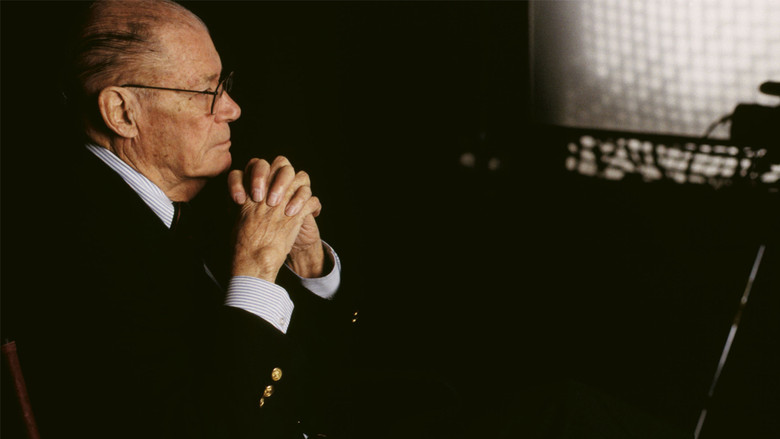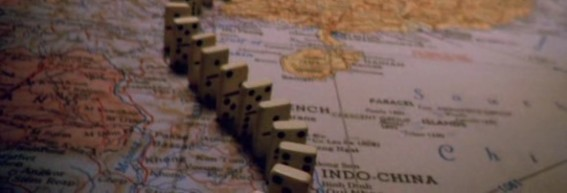From the Chicago Reader (November 1, 1999). — J.R.

Louis Malle’s seven-part, 378-minute 1968 documentary series is one of my favorites among his works. His upper-class misanthropy and morbidity usually alienate me, but this essayistic travel diary avoids any pretense of objectivity in order to present itself as a highly personal search — narrated in excellent English by Malle himself in the version I’ve seen, but in French with subtitles in this version. In the first episode he addresses the problem of everyone he meets in India describing the country in Western terms, then goes on to reflect on how his filmmaking affects his subjects; from there he takes in everything from a water buffalo being devoured by vultures to interviews with a few European hippies about why they’re in India. With his wide-ranging but rambling approach Malle undoubtedly misses or skimps on certain topics, but his mercurial intelligence keeps this lively and fascinating. (JR) Read more
From the Chicago Reader (January 23, 2004). Although I don’t want to begrudge Errol Morris his Oscar, I do wish he’d had more to say in this film about political choices with some bearing on the present. — J.R.

The Fog of War ** (Worth seeing)
Directed by Errol Morris.
In The Fog of War, Errol Morris interviews an 84-year-old Robert S. McNamara, who served as secretary of defense under presidents Kennedy and Johnson and is widely regarded as the architect of the American war in Vietnam. There’s something undeniably masterful about the film, which also includes archival footage, but that mastery is what sticks in my craw: it’s a capacity to say as little as possible while giving the impression of saying a great deal, a skill shared by McNamara and Morris. I’m not sure what we have to gain from this — the satisfaction that we’re somehow taking care of business when we’re actually fast asleep?

This sleight of hand takes many forms, including the film’s title, repeated shots of dominoes lined up on a map of southeast Asia, and the “eleven lessons from the life of Robert McNamara” dispensed in intertitles to introduce the various segments — portentous platitudes ranging from “Rationality will not save us” and “Maximize efficiency” to “Get the data” and “Be prepared to reexamine your reasoning.” Read more



